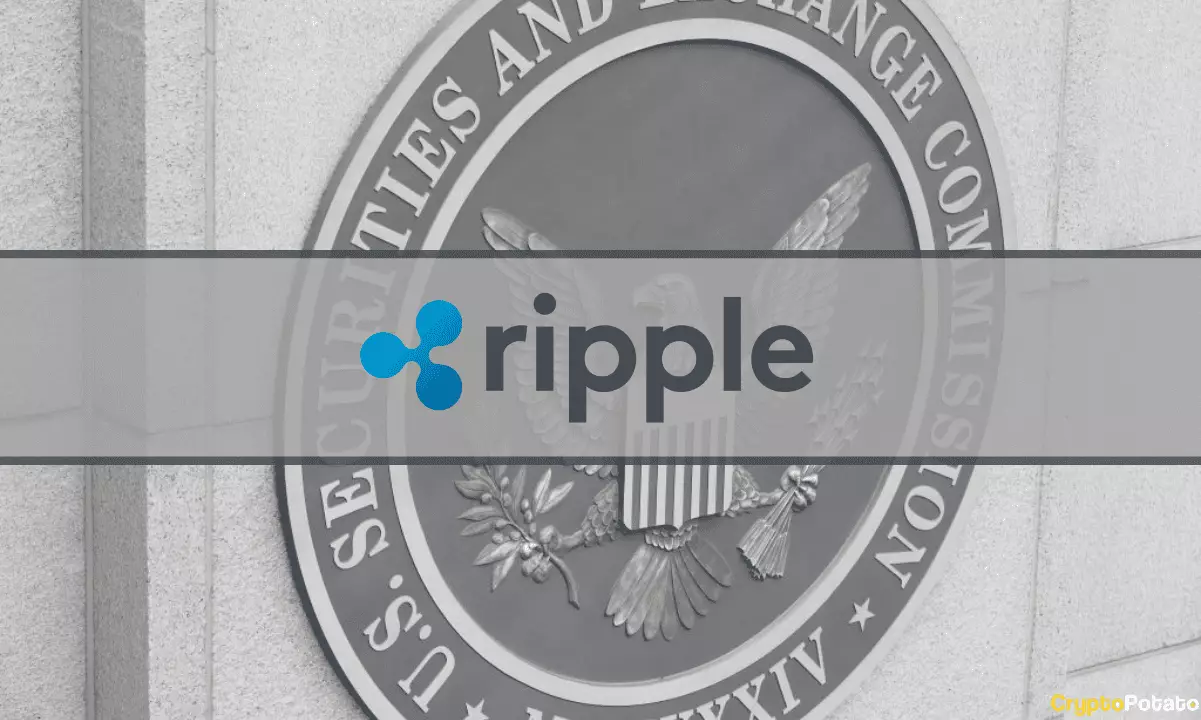In a significant development within the cryptocurrency sector, the U.S. Securities and Exchange Commission (SEC) filed a notice of appeal concerning the Ripple lawsuit on October 2, 2023. This appeal seeks to overturn a ruling made earlier in the year by Judge Analisa Torres, which determined that secondary sales of Ripple’s XRP token do not qualify as securities transactions. The implications of this case are far-reaching, not only for Ripple but for the broader cryptocurrency market as well.
The initial verdict was grounded in an analysis of the SEC’s Howey test, which is instrumental in determining whether certain transactions can be classified as investment contracts or securities. Judge Torres concluded that XRP did not meet the necessary criteria, asserting that the SEC’s arguments were unsubstantiated. This ruling offered a significant sense of relief not just for Ripple but also for the cryptocurrency industry, which has often viewed the SEC’s regulatory approach as overly aggressive.
The SEC’s decision to appeal introduces a fresh layer of complexity. Legal experts suggest that such appeals can prolong litigation, often leaving companies in limbo while they navigate uncertain waters. In Ripple’s case, prolonged legal battles may hinder its market performance and overall strategy.
Ripple’s Chief Legal Officer, Stuart Alderoty, expressed disappointment at the SEC’s appeal, characterizing it as an extension of the agency’s ongoing “litigation warfare” against the cryptocurrency sector. His comments highlight a growing frustration within the industry regarding the SEC’s regulatory strategies. Alderoty noted that the court had already dismissed the notion of Ripple acting recklessly or engaging in fraudulent behavior, emphasizing that there were no victims or monetary losses incurred.
The skepticism surrounding the SEC’s move was further echoed by Ripple CEO Brad Garlinghouse, who took to social media platform X (formerly known as Twitter) to voice his concerns. Garlinghouse’s assertion that the SEC’s actions are misguided reflects a broader sentiment among industry insiders that regulatory clarity is urgently needed. Such comments indicate a willingness to fight against what many view as an overreach by the agency.
The response from the crypto community has been varied, with some advocates, including Massachusetts Senate candidate John Deaton, openly criticizing the SEC’s handling of the case. Deaton, who has invested considerable time and resources into defending the rights of crypto innovators, called the SEC’s approach a “disgrace.” He condemned the agency for purportedly forcing the industry into an expensive legal quagmire, arguing that its anti-crypto stance ultimately costs taxpayers more.
Following the news of the SEC’s appeal, fluctuations in XRP’s price became evident. On the day the appeal was announced, XRP experienced a significant 12% drop, plummeting from prices above $0.60 to as low as $0.53. This decline highlights the market’s sensitivity to legal uncertainties surrounding cryptocurrencies. Despite the drop, it is worth noting that XRP remains 84% below its all-time high recorded in January 2018, illustrating the additional pressures the crypto market faces amid regulatory scrutiny.
Ripple’s ongoing legal battle with the SEC raises critical questions about the future of cryptocurrency regulation in the United States. The SEC’s appeal not only impacts Ripple but also sets a precedent for how other cryptocurrencies will be treated by regulators. The outcome of this case could either affirm the SEC’s stringent regulatory stance or bolster the argument for a more favorable environment for crypto innovation.
Ripple’s case serves as a litmus test for the industry, drawing attention to the need for clearer regulatory frameworks that protect both investors and innovators. As cryptocurrency continues to grow in popularity, the demand for consistent and decisive regulations has never been more pronounced. The developments surrounding Ripple and the SEC could be instrumental in shaping future legal frameworks governing digital assets.
Ripple’s legal challenges and the SEC’s appeal highlight not only individual concerns for the company but also the broader implications for the entire cryptocurrency market. With mounting pressures and an uncertain regulatory landscape, the industry stands at a crossroads, where the direction taken in the Ripple case may determine the future trajectory of cryptocurrency regulation in the United States. As stakeholders closely watch the unfolding developments, the outcome could either pave the way for innovation or further stifle an already beleaguered market.
















Leave a Reply